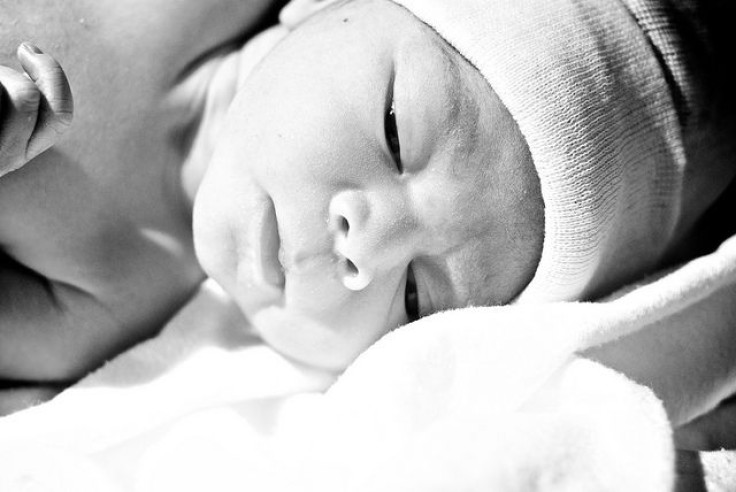How Birth Kick-Starts Senses, Perception: First Moments Trigger The Formation Of Sensory "Map"

Birth kick-starts perception by triggering the formation of a sensory “map,” according to a new study. Researchers from the Kanazawa University in Japan have determined that in newborn mice, birth induces a reduction in serotonin that permits sensory neurons to arrange in precise patterns. These patterns, known as neuronal circuits, are what allow us to organize and interpret the information our senses detect.
Published in the journal Developmental Cell, the study sought to investigate the significance of dramatic environmental events in the development of neuronal circuits associated with perception. The findings suggest that the act of being born can be characterized as such an event, as it influences the formation of brain connections across a wide range of cerebral areas. Hiroshi Kawasaki, a professor at the Kanazawa University and senior author of the study, said that birth may for this reason play a crucial role in cognitive and sensory development.
"Our results clearly demonstrate that birth has active roles in brain formation and maturation," he explained in a press release. "We found that birth regulates neuronal circuit formation not only in the somatosensory system but also in the visual system. Therefore, it seems reasonable to speculate that birth actually plays a wider role in various brain regions."
In an experiment with newborn mice, researcher found a correlation between an observed drop in serotonin and the formation of neuronal circuits in the barrel cortex and the lateral geniculate nucleus (LGN) – two brain areas associated with senses like touch and vision. These circuits appeared to form more quickly when subjects were administered a drug that decreased serotonin signaling. Conversely, the sensory “map” failed to form when subjects were given a drug that increased serotonin levels.
Aside from shedding new light on the significance of birth as a developmental event, the findings may inspire new research in psychiatry and psychology. The link between serotonin and psychiatric disease suggests that abnormalities during birth may influence an individual’s risk of developing such disorders.
"Uncovering the entire picture of the downstream signaling pathways of birth may lead to the development of new therapeutic methods to control the risk of psychiatric diseases induced by abnormal birth," Kawasaki explained.
Hopefully, the findings will underpin future research as well as the development of new therapeutic strategies.
Toda et al. Birth regulates the initiation of sensory map formation through serotonin signaling. Developmental Cell, 2013 DOI.



























